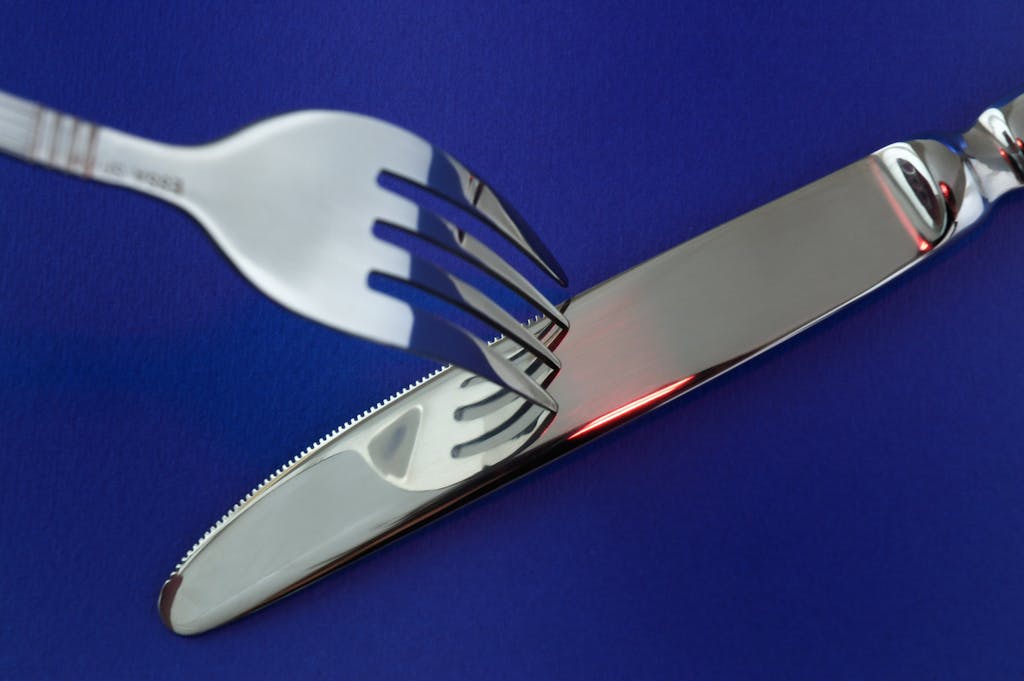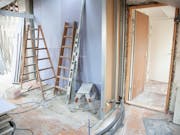It’s no secret that restaurateurs were among those businesses hit hardest by the coronavirus pandemic. Amidst lockdowns and quarantines, in-person dining became functionally obsolete. And though many restaurants were still able to eke out their survival through services like DoorDash and GrubHub, they were forced to do so while playing by the rules of these platforms — rules which, more often than not, weren’t particularly favorable.
Even now, as some locations gradually re-introduce (socially distanced) in-person dining, it’s clear that the rules have changed. And we aren’t just talking about new sanitization procedures and barricades in the dining room. We’re talking about your kitchen.
As noted by the National Restaurant Association, health inspections are going to look very different in the coming years. Inspectors aren’t just going to be analyzing basic cleanliness, but also focusing on what measures restaurants are taking to protect both diners and staff against both this virus and potential, future pandemics. In other words, the practices and standards you had in place before the pandemic may no longer be sufficient. You may need to integrate a restaurant inspection app into your processes to stay on top of new compliance requirements.
The question you should be asking yourself, of course, is whether or not your restaurant is even up to those standards. We’ve little doubt that maintaining a clean, sanitary kitchen is one of your top priorities. But how clean is your kitchen, really?
You can’t be there twenty-four hours a day, seven days a week. You’ve no visibility into the day-to-day when you aren’t present, no notion of how well your staff is following general health, quality, and safety standards when you aren’t present. If your kitchen were the subject of an external audit tomorrow, would you pass, or would you end up facing a laundry list of compliance issues?
In order to answer that question, you first must understand where restaurants typically fall short in kitchen cleanliness — and how to avoid making the same mistakes.
Wash and Sanitize Everything (But Keep Cross-Contamination in Mind)
What do kitchen utensils, countertops, handles, and floors all have in common? If not properly maintained, these surfaces can act as breeding grounds for all manner of nasty bacteria and viruses. You need to make sure your employees are taking the necessary measures to keep everything clean.

First, use commercial-grade stainless steel wherever and whenever possible — in addition to being relatively easy to clean, it also tends to have antibacterial properties.
Make sure your employees clean both their utensils and countertops as time allows, ideally after every use. Kitchen staff should also be encouraged to wipe down all common-use surfaces with a commercial cleansing solution at every spare opportunity. In addition to keeping your kitchen cleaner and your food preparation process safer, this also makes it easier to wipe everything down at the end of the day.
It’s important to also emphasize, however, that under no circumstances should employees reuse cleaning materials such as dish towels. They should not, for instance, use the same towel to clean the counter that they use on their utensils. Nor should a towel used to wipe their hands be trusted to wipe down any common surfaces.
Schedule Regular Deep Cleans
Commercial kitchens should be subjected to two types of deep cleans. The first should be done daily just before or just after closing. The process isn’t much different from what employees are doing over the course of the day:
- Make sure all utensils are clean and properly stored.
- Wipe down and sanitize all common-use surfaces including countertops, stoves/ovens, and door hands.
- Scrub the floors and wipe down the walls. Apply degreaser as-needed.
- Safely dispose of any kitchen waste.
You should also schedule a weekly or bi-weekly deep clean. You’ll start by doing everything you would with a daily clean. But then you’ll want to take things a step further.
- Thoroughly clean the interior of your ovens.
- If you have a deep-fryer, empty it, remove any remaining debris, then add a water/cleaning solution mix and set it to boil.
- Use a commercial cleaning solution on your floor drain.
- Clean and sanitize your fridges/freezers. Discard any expired products immediately.
- Using baking soda, water, and vinegar or a commercial solution, thoroughly clean your sinks.
- Clean/empty your grease traps.
Finally, at least monthly, you’ll want to additionally take the following measures:
- Clean and sanitize your kitchen machinery, including coffee makers, ice machines, etc.
- Clean behind and under your kitchen equipment, areas where your daily and weekly clean might not normally cover.
- Thoroughly scrub down everything.
A restaurant inspection app can help you stay on top of these critical tasks, providing scheduled reminders for inspections and follow ups.

Don’t Forget About Food Handling & Storage
Shows like Ramsay’s Kitchen Nightmares are both horrifying and informative. It’s frightening to think that there are restaurants out there with such a lax approach to cleanliness. On the other hand, these living disasters can effectively serve as a guidebook of what not to do.
Food handling and storage seems to be one of the most frequent stumbling points, as these facilities often fail to do the following:
- Discard food immediately once it’s past the expiration date.
- Thoroughly rinse all produce before preparation.
- Ensure all food is stored according to guidelines. Don’t leave anything sitting out.
- Make sure staff wear proper apparel while in the kitchen – gloves, protective gear to prevent the spread of illness, hairnets, etc.
Rethink The Cleaning of Dishes & Utensils
From the perspective of a commercial kitchen, used dishes and utensils represent one of the most significant challenges posed by the coronavirus. The traditional cleaning method, which often involves spraying them down with a rinse wand, poses an extreme infection risk, potentially aerosolizing contaminants. The simplest solution, per the CDC, is to use disposable items instead of standard kitchenware.
For many restaurants, this isn’t exactly feasible, though. In addition to being significantly more expensive, it also generates a ton of extra waste. As such, the CDC recommends the following as an alternative:
- Ensure that employees wear gloves and PPE when handling dirty items.
- Change and launder all non-disposable fabrics (tablecloths, napkins, etc.) after every use.
- Once an employee has finished washing dishes, they should dispose of their gloves and wash their hands.

Support Your Efforts With the Right Restaurant Inspection App
Ensuring you have a clean kitchen was challenging and time-consuming before the pandemic. Now, though? It can be a full-time job in and of itself, and one that leaves virtually no time for other matters.
Here’s where the other side of the coin comes into play. Although the pandemic was incredibly rough on restaurants, it also forced a technological evolution on the industry. There are now multiple restaurant inspection apps that make restaurant management simpler, more efficient, and more streamlined.
monitorQA is a restaurant inspection app that allows restaurants to quickly and easily schedule internal audits and convert them into actionable, intuitive information through customizable reporting.
Restaurant leadership can track violations with a single glance through a mobile inspection app, and analytics software helps detect and identify potential patterns of noncompliance. It can even automatically create and schedule recurring ad-hoc audits, making it easier than ever to keep a restaurant or chain of restaurants compliant.
Are you interested in seeing how monitorQA can improve your inspection processes? Book a discovery call today to get started.



